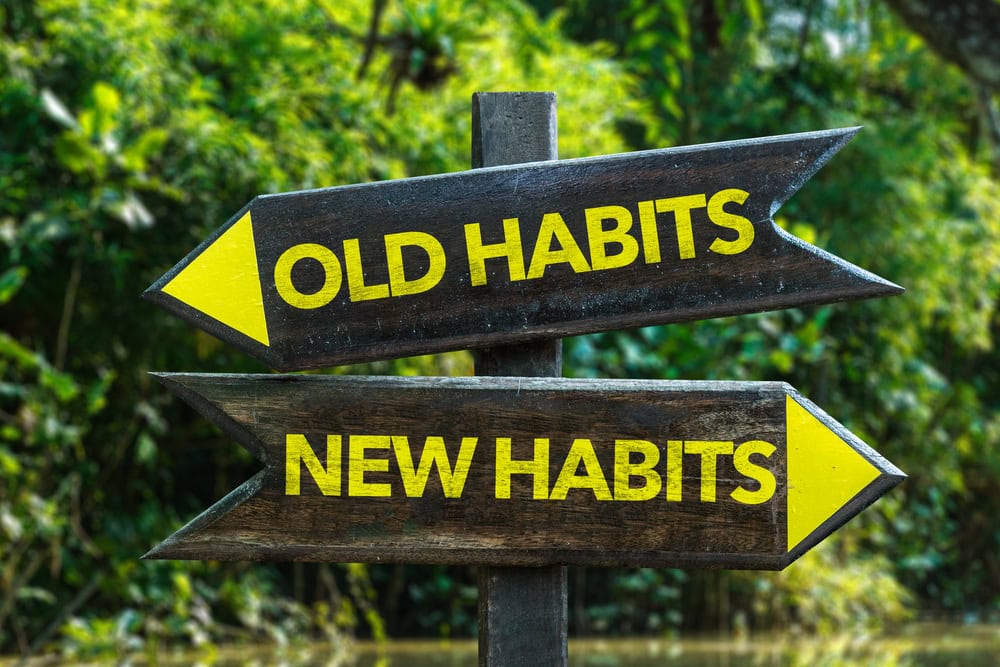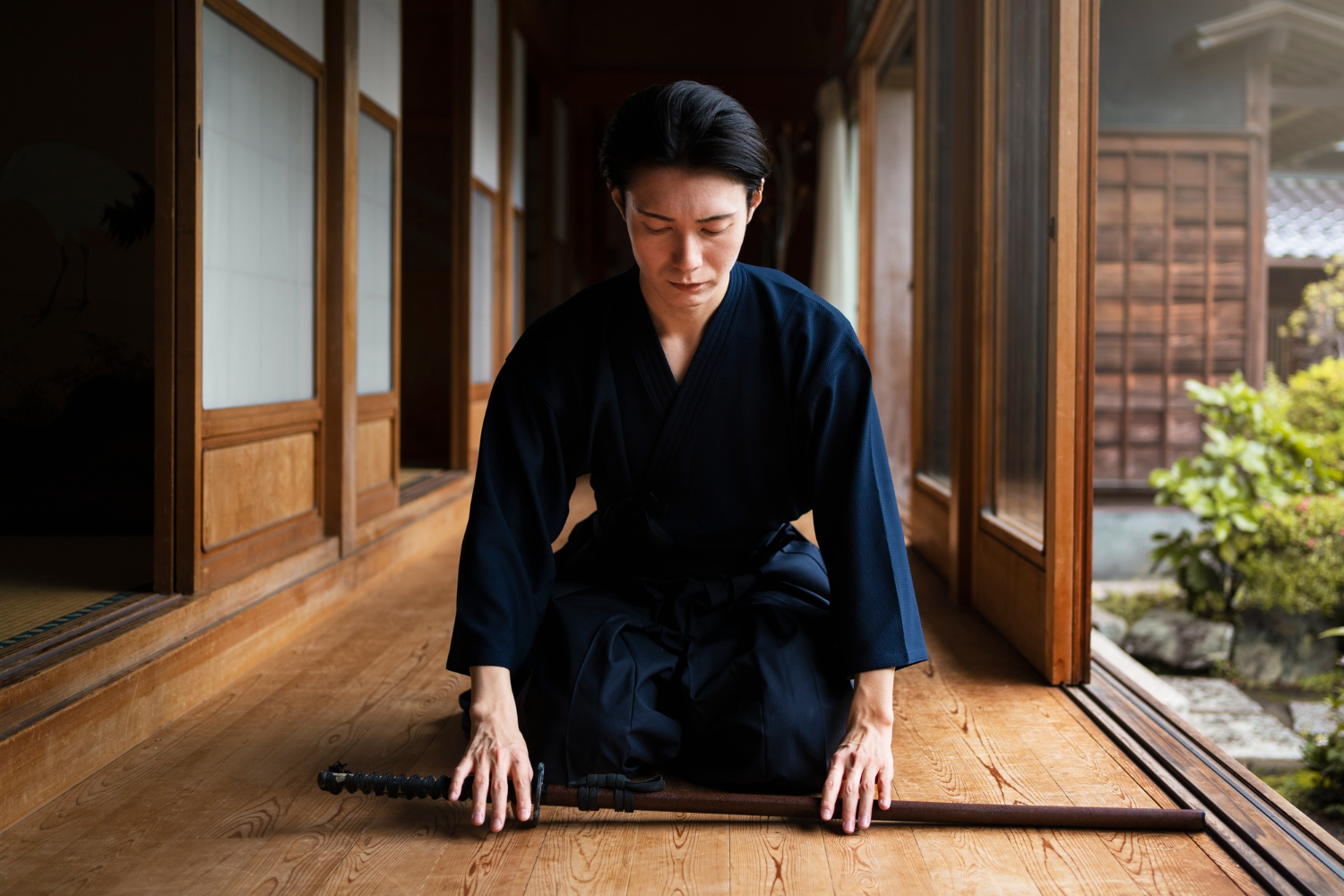
Just imagine waking up each day warm and clear, not chaotic at all. You have a manageable to-do list, and you feel prepared to breathe. This is the power of Shukan—a Japanese habit method based on intentionally small routines that shift the way you relate to the world internally rather than “doing” something.
In Japan, “Shukan” (習慣) translates to “habit” or “routine”; however, culturally, it denotes an elegant and high level of sophistication in daily life activities. Rather than rely on shaky motivation or super unrealistic goals, the Shukan method consistently introduces micro-habits into your world— seamlessly, gently, and beautifully.
The Potential of Routine: What Makes the Shukan Method So Effective?

-You need consistency, not intensity: You don’t need big changes, just small, simple, and structured actions repeated every day.
-Reduced decision fatigue: When your routines become automatic, you free up your brain power for creativity, focus, and joy.
-Emotional resilience: A consistent daily rhythm builds mental toughness over time.
How Shukan Is Different From Goal-Chasing Culture?

In the western world, we’re used to advice about habits and health being geared to the aspirational–lose 20 kg in 20 weeks, or have your side gig moving in 90 days. Shukan turns that advice upside down. Instead of aiming for big goals that feel overwhelming, Shukan wants you to focus on small, simple habits–mindfulness brushing your teeth, or folding one shirt, or taking a three-minute walk. These micro-habits gradually build into bigger, more meaningful habits.
Perfection is not the objective; building gentle momentum through consistency is the goal.
Shukan Is Rooted in Tradition and Supported by Research

Shukan is more than just a cultural nicety; it is rooted in research.
The Japanese Longitudinal Study of Children and Parents (JLS) found that daily routines during child development— like mealtime and bedtime routines—are associated with better emotional health in adulthood[1].

A 2023 Journal of Child and Family Studies, similarly, finds that having shared mealtimes and family members engaging in routines together reduces behavioral and emotional problems in children aged 8-9. Small rituals from an early age build resilient emotional systems.
These studies reflect how daily habits and the basis of the Shukan Method contribute to developing psychological strength throughout the lifespan[2].
Want to improve your child’s brain power? Try using these 6 Japanese Memory Techniques that every student should know. Read Now!
Simple & Effective Steps to Apply the Shukan Method
Select One Micro-Habit

You want to choose a habit so small and easy that you can’t skip it—e.g., add one push-up after you brush your teeth or do one minute of mindful breathing before going to bed.
Anchor it to a routine

Attach the new habit to something you already do. Do it two minutes after your morning coffee? Habit stacking reduces decision friction.
Track it every day

Use a journal or habit app. Charting your daily wins strengthens new behaviours; the visual feedback loop is supportive.
Be patient and gentle

Missing a day is not a failure; it is a regular occurrence. Gently start again the next day. Shukan is about resilience, not rigidity.
Reflect weekly

After five minutes every Sunday, note what’s worked for you. Increased awareness of this moment reinforces this journey of growth.
Shukan vs. Other Japanese Lifestyle Practices

Shukan is one part of a larger fabric of Japanese culture for wellbeing:
– Ikigai (“reason for being”) provides meaning in life.
– Hara Hachi Bu—eating until you are 80 percent full—creates mindful eating.
–Shinrin-yoku (forest bathing) and daily radio taiso (early morning group calisthenics) support physical and mental health.
– Minimalism—keeping spaces orderly and clutter-free—lessens stress and increases concentration.
Shukan is not a standalone strategy—it acts in tandem with these other lifestyle behaviours to create a complete, harmonious life.
Feeling unmotivated? These 7 Japanese methods could be the mental reboot you are looking for-Read Now!
A Real-world Example: A Morning Micro-routine

– Your wake-up routine: Before looking at your phone, hydrate with a glass of water and take three deep breaths.
– Post-coffee moment: After your coffee, take a moment to either fold your bed or water a plant for just one minute.
– The workday reset: After lunchtime, take 2 minutes to stretch or walk.
– The evening routine: One-line journal entry before you sleep—how did I win today, or, what is my goal for tomorrow?
These are small, ordinary actions, but regular actions help create a rhythm. And this rhythm embodies Shukan’s most important principle: small habits shape big changes.
Here’s why you’ll love the Shukan lifestyle:

– Stress bubbles away: A daily structure to your habits will help stop anxiety.
– Energy builds: Small routines help you overpower decision-fatigue.
– You can see progress: Tracking your habits makes you want to do more.
– You gain holistic benefits: Your body, mind, and emotions help support your wellness.
Shukan promotes change without a spectacular undertaking or daunting goals. Instead, Shukan is a pathway to much more present, purposeful, and meaningful living.
Final Takeaway: Shukan Isn’t Just a Habit, It’s a Gentle Revolution

In a society that constantly pushes hustle, big wins, and overnight transformations, Shukan offers a soft reminder: start small, be consistent, and allow peace to grow from repetition. It’s not about discipline to be in control; it’s about designing your days with intention.
From drinking water mindfully to writing one thought in a journal before going to bed, each micro-habit quietly becomes an anchor in your day. You don’t have to change your entire life overnight; you just have to meet yourself where you are, one meaningful ritual at a time.
Because when life moves to its own groove, even the smallest step can resonate loudly.
FAQs
How does the Shukan habit method influence daily routine?
The Shukan methodology creates simplicity in daily life by practicing tiny, deliberate microhabits on a constant basis. These sustainable micro habits make daily life predictable, reduce anxiety, and increase productivity while providing structure without overloading your mind and body.
Is Shukan superior to traditional goal-setting methodologies?
Yes, Shukan facilitates progress daily, instead of reaching large goals. Unlike rigid goal-setting methodology, Shukan facilitates emotional resilience and success in the long term by establishing tiny, deliberated, sustainable actions.
Will using the Shukan method help reduce stress and anxiety?
Yes! Structured routines using the Shukan method will eliminate decision fatigue and create and maintain a soothing rhythm to our daily life, thus reducing daily stress, and over time will increase emotional regulation skills unconsciously.
Is Shukan related to other Japanese lifestyle practices?
Yes, Shukan is similar in philosophy to Japanese lifestyle practices such as Ikigai, Shinrin-yoku (forest bathing), and Hara Hachi Bu; all centered on balance, mindfulness, and longevity of our daily lives.
Who will benefit from taking on the Shukan habit method?
Anyone looking for structure, mental clarity, or decreasing stress levels. However, the Shukan false behavior habit method can be especially useful for students, professionals, parents, and those just recovering from burnout or decision fatigue.
(The article is written by Deepa Sarkar, Medical Writer, and reviewed by Monalisa Deka, Senior Health Content Editor)
Recommended Reads
How Gut Health Affects Your Brain: The Science Behind the Gut-Brain Connection
Fuel Your Mind for Optimal Performance: Essential Nutrients for Brain Health
References
1. Japanese longitudinal study of children and parents (JLSCP) 2015-2018 – data [Internet]. Child Research Net. [cited 2025 Jul 10]. Available from: https://www.childresearch.net/data/school/2020_01.html
2. Researchgate.net. [cited 2025 Jul 10]. Available from: https://www.researchgate.net/publication/374417706_Associations_between_Family_Routines_Family_Relationships_and_Children’s_Behavior
